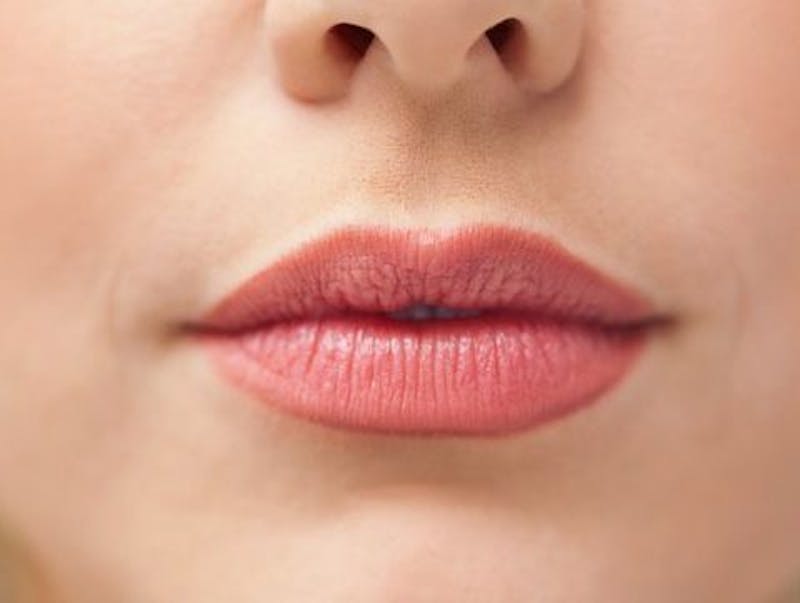Schedule a Consultation
Start Your Journey with Ocean Plastic Surgery
Contact UsLIMITED TIME SPECIALS!

Few would argue that smoking is an unhealthy habit that can lead to a host of medical conditions. What many do not know is the amount of risk smoking can pose to a surgical procedure. If you are considering an elective plastic surgery operation, there are many reasons why your smoking habit could impede the successful outcome of your procedure.
The Need for Healthy Blood Flow
Plastic surgery is unique from other types of surgery because it often involves movement of skin and underlying tissue. This movement reduces the amount of blood flow during the healing process, which leaves the patient vulnerable to complications not typically seen after other types of surgery. In order for the newly positioned tissue to have the best opportunity to heal, blood flow must be maximized to the surgical area.
Smoking and Blood Flow
Nicotine in cigarettes is a vasoconstrictor, which means it restricts the amount of blood that can flow through. Nicotine from gum or patches can have a similar effect. In addition, carbon monoxide reduces the amount of oxygen blood cells can carry. When both of these substances are in the body simultaneously, the surgical site is at much higher risk for tissue necrosis (death), which may lead to a bad outcome for the patient.
Smoking and Anesthesia Complications
The effects of smoking on the lungs can also increase a patient’s risk for complications related to anesthesia. Patients have been known to experience lung spasms when going under or coming out of anesthesia. In addition, some studies have shown patients that are smokers may require more anesthesia to have the same effect and more medication also means more risk.
Smoking and Post-Operative Scarring
Smoking impacts the body’s ability to heal, which can in turn affect the appearance of post-operative scarring. Limited blood flow to the surgical site may lead to slower healing of the incision and a more noticeable scar. The larger the incision, such as the incisions required for procedures like a facelift or tummy tuck, the greater the potential for complications and poor wound healing.
Because smoking poses a number of additional risks to nearly any plastic surgery procedure, patients are usually advised to quit cigarettes for a prescribed period of time before and after surgery. While this time frame may differ slightly from surgeon to surgeon, abstaining for a minimum of four weeks before and four weeks after the procedure is a fair average. In fact, some patients use their plastic surgery as a good time to kick the smoking habit completely.
At Ocean Plastic Surgery, Dr. Stephen Small is committed to ensuring all of his patients’ procedures are both safe and successful. Dr. Small counsels patients to refrain from smoking as a general rule before and after surgery to maximize their odds of a positive result. To learn more, contact Ocean Plastic Surgery at (732) 255-7155.
Lorem ipsum dolor sit amet, consectetur adipisicing elit. Ad alias animi commodi distinctio doloremque eum exercitationem facilis in ipsum iusto magnam, mollitia pariatur praesentium rem repellat temporibus veniam vitae voluptatum.
Lorem ipsum dolor sit amet, consectetur adipisicing elit. Ad alias animi commodi distinctio doloremque eum exercitationem facilis in ipsum iusto magnam, mollitia pariatur
